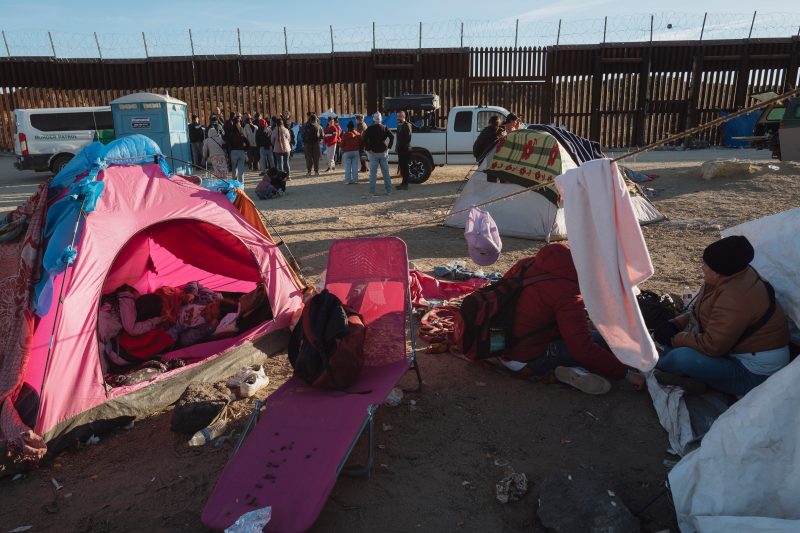In a recent poll conducted by the non-partisan Pew Research Center, it was found that over half of Americans consider the volume of immigrants entering the United States to be a critical threat. This perception sheds light on the current sentiments and concerns that many Americans hold regarding immigration policy and its impact on the country.
The poll revealed that 53% of Americans view the number of immigrants coming into the country as a critical threat, with an additional 25% considering it to be a major problem but not a critical threat. These attitudes suggest a significant level of apprehension among the American populace when it comes to the issue of immigration.
The concern over immigration levels is multifaceted and can be attributed to various factors. One key reason for this apprehension could be the fear of economic repercussions, as some Americans may worry about increased competition for jobs and resources as more immigrants enter the workforce. Additionally, there could be concerns about the strain on social services and infrastructure that may result from a larger immigrant population.
Furthermore, issues related to national security and cultural assimilation may also play a role in shaping public opinion on immigration. Some Americans may be worried about the potential security risks posed by a large influx of immigrants, while others may be concerned about the preservation of American values and way of life in a more diverse society.
It is important to note that attitudes towards immigration are complex and vary widely among different demographic groups. For example, the poll found that Republicans were more likely than Democrats to view immigration levels as a critical threat, reflecting the stark partisan divide on this issue in the United States.
While the poll results indicate a significant level of concern among Americans regarding the volume of immigrants entering the country, it is essential to approach this issue with nuance and empathy. Immigration is a complex and multifaceted issue that requires careful consideration of economic, social, and humanitarian factors. By engaging in constructive dialogue and seeking solutions that balance the interests of all stakeholders, the United States can work towards a more inclusive and sustainable immigration policy that serves the interests of both immigrants and the native population.


























